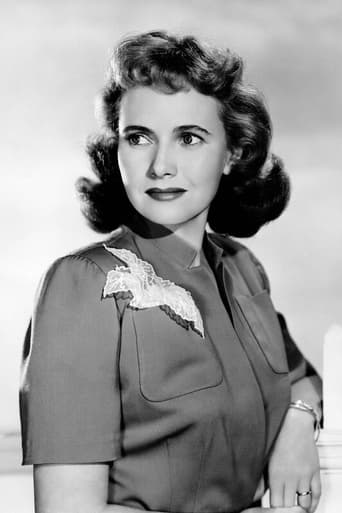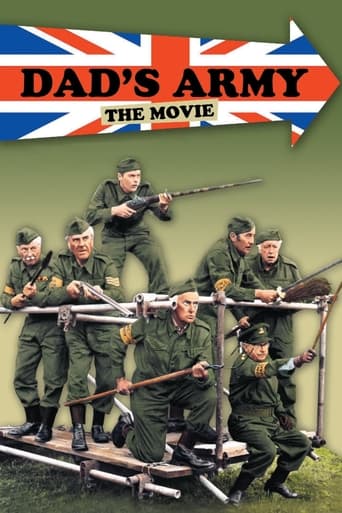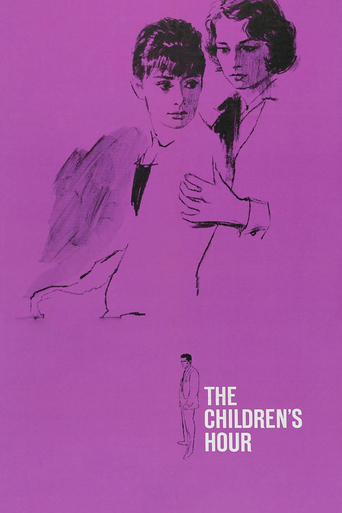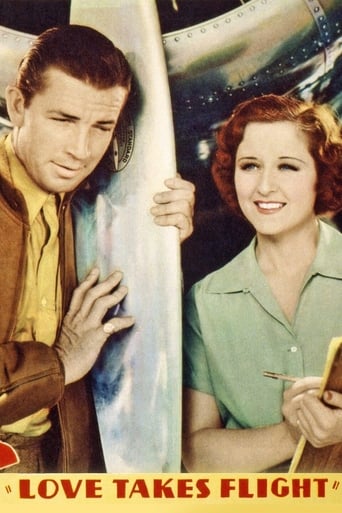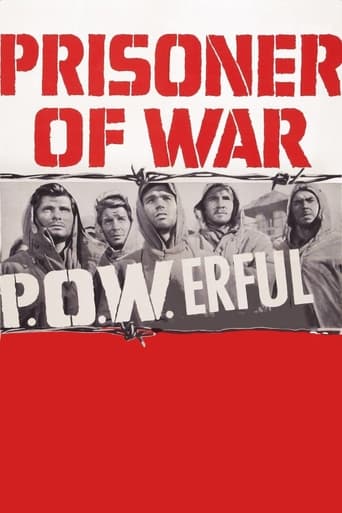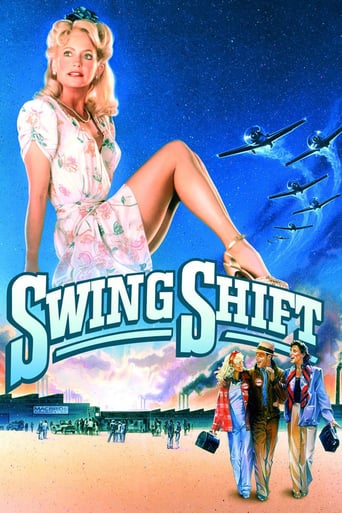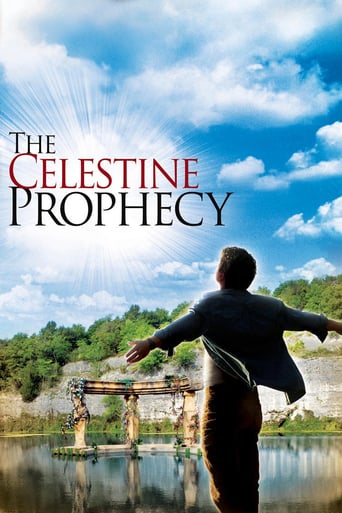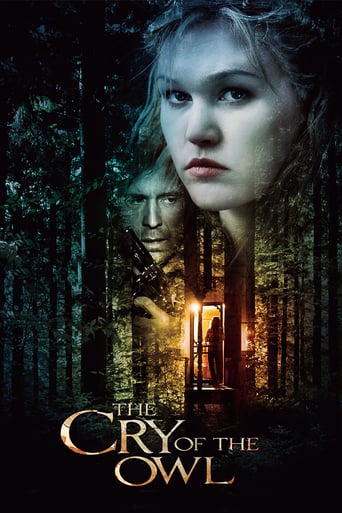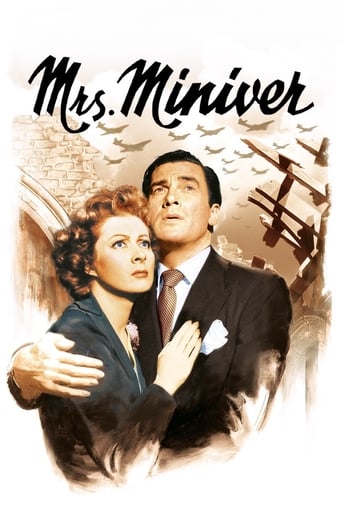
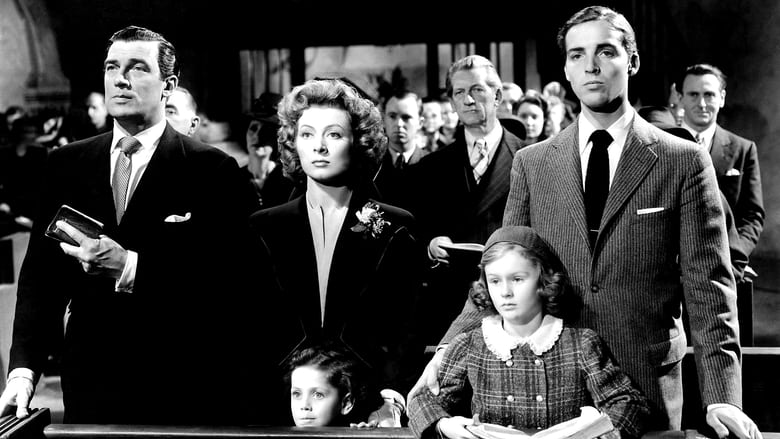
Mrs. Miniver (1942)
Middle-class housewife Kay Miniver deals with petty problems. She and her husband Clem watch her Oxford-educated son Vin court Carol Beldon, the charming granddaughter of the local nobility as represented by Lady Beldon. Then the war comes and Vin joins the RAF.
Watch Trailer
Cast
Similar titles
Reviews
Load of rubbish!!
This is a coming of age storyline that you've seen in one form or another for decades. It takes a truly unique voice to make yet another one worth watching.
By the time the dramatic fireworks start popping off, each one feels earned.
All of these films share one commonality, that being a kind of emotional center that humanizes a cast of monsters.
I loved the scene in the bomb shelter with Napoleon the cat but was disappointed at the personal growth of Vin who comes back from war with the fresh face and bright eagerness of a boy which made him appear extremely artificial.
Though I'm a huge Oscar buff, it took me forever to get around to watching "Mrs. Miniver," the Best Picture winner from 1942. It's not that I purposely avoided seeing it -- it's just that my impression was that it would be tasteful and mediocre, and there always seemed to be something more interesting that I wanted to watch instead. How surprised I was, then, to find that this film is marvelous. Where I expected to find maudlin, heavy-handed WWII propaganda, I instead found a down-to-earth, unsentimental depiction of regular people making the best of a terrible situation because they have no other option. Greer Garson, whose charms I've mostly been able to resist, is luminous in the title role. The mannerisms that I've found make her somewhat difficult to watch in other movies are absent here. A scene set in a bomb shelter, showing Mrs. Miniver and her husband, played winningly by Walter Pidgeon, trying to comfort their terrified young children while being terrified themselves, is powerful and difficult to watch.Garson deservedly won an Oscar for her performance, and Pidgeon was nominated. The film became the first one to receive both five acting nominations as well as nominations in every acting category, a feat only achieved in later years by "From Here to Eternity," "Bonnie and Clyde," and "Network." It also received Oscars for Best Picture, Best Director (William Wyler), Best Supporting Actress (Teresa Wright, who was also nominated for Best Actress that year in "The Pride of the Yankees"), Best Screenplay, and Best black and white Cinematography. With 12 nominations, it was the most nominated film of its year. Other nominations included Best Actor (Pidgeon), Best Supporting Actor (Henry Travers), Best Supporting Actress (May Witty, heartbreaking), Best Film Editing, Best Sound Recording, and Best Special Effects.Grade: A
Mrs Miniver may not be a "flawless" film(then again few films are), character development is somewhat sketchy- though you still care a great deal for the characters- and some of the accents don't convince with Teresa Wright trying too hard and Walter Pidgeon not seeming to attempt one. But when everything else and the film on the whole is as superb as it is they can be seen as trivial and can be easily be overlooked. Mrs Miniver mayn't connect for some by today's standards as much as the other Best Picture nominees that year(Yankee Doodle Dandy for instance still has a lot of appeal) but it's the most important one especially thematically and it certainly connected with me. It won 6 Oscars and was nominated for another 6, all richly deserved, though if more than one winner was allowed in a category May Witty deserved to win her Supporting Actress Oscar. It's a beautiful-looking film with some very hauntingly deliberate shots, and there is a very good soundtrack complete with a sensitive yet sweeping music score and a great use of period favourites. The special effects are great for their time and stand up well today too, while the sound effects have a harrowing effect, the explosions and such almost deafening, how turbulent this particular period was in history is believably done. Mrs Miniver also has a thoughtful script that has emotion and tension(often done subtly, like in the body language), and a story that has a message and theme that still resonates- if perhaps not as relevant- and despite it being a melodrama never feels overwrought. The whole film is genuinely powerful and touching and is helped by the remarkably nuanced pacing, just see what is done with the scene when the husband is seen off to war by his wife. William Wyler directed several great films, a lot of them as much as masterpieces or as close as, and his direction here is tight while alive to nuances. And the acting is one of the film's best assets, with the beautiful Greer Garson outstanding in perhaps a career-best performance, Teresa Wright luminous and like a bright light in a dire situation, May Witty does imperious brilliantly, Walter Pidgeon's understated performance is among his best and Henry Travers is really charming. All in all, Mrs Miniver may not be as such a flawless film but it is a superb one that was worthy of its Best Picture win and is much more than a propaganda piece. 9.5/10 Bethany Cox
It may not have been the original intention, but William Wyler's adaptation of Mrs. Miniver is invaluable to the history of American cinema. Released in 1942, at the exact moment that Hitler's forces were bulldozing their way across the European continent, here was a movie that tried to examine the homefront of an ordinary British family and how they dealt with the tragedy of being besieged by the Nazis. This was a movie that was made during those events, when the outcome of the war was still uncertain.The film stands out for many reasons, not least because of its point of view. Most Hollywood movies about the homefront dealt with the American Homefront, but here was a film front the frontlines, from the point of view of the British. It tells the story of the Miniver family, well-to-do British citizens whose lives are no more ordinary than anyone else. Father Clem Miniver (Walter Pigeon) is an architect, and she is a stay-at-home mother. They have three children, Vin (Richard Ney), Judy (Clare Sandars) and Toby (Christopher Severn).Their lives are so ordinary, they might be invisible. Kay spends her time shopping and fussing about the house and the kids. Clem has his eye on material goods. Despite their middling income, they spend a little more than they should. Their kids are bound up in social issues like dating. Vin is in a relationship with pretty young Carol Beldon (Supporting Actress winner Teresa Wright). Her grandmother is stuffy old Mrs. Beldon (Dame Mae Witty), whose concern over the Nazi threat is less important than the annual flower show. The world is coming apart around these people, but they merely see the circumstances out of the corner of their eye.This laconic view changes when the Nazis begin their bombing runs. Clem takes the boat and goes off to Dunkirk in order to rescue some soldiers in distress and Vin joins the R.A.F. The war, it seems, is arriving in their backyard and Kay experiences it first-hand when a wounded Nazi pilot hobbles his way into the Miniver kitchen. Night after night, the bombing runs destroy the England's cities and countryside. One of the bombs takes out half of the Miniver's living room.What is interesting is that the Miniver family seems so organic to their setting. This is not a story of people who become heroes of the war just because it happened. Their response to the war grows out of their nature. Kay's heroic response to the wounded soldier is not based on clichés but on what we know of her up to that point. That life simply goes in the presence of these terrible surrounding is to the credit of the screenplay. In the midst of the bombing run, we are invited to the annual flower show which becomes as important to us as it does to the people who are attending.


